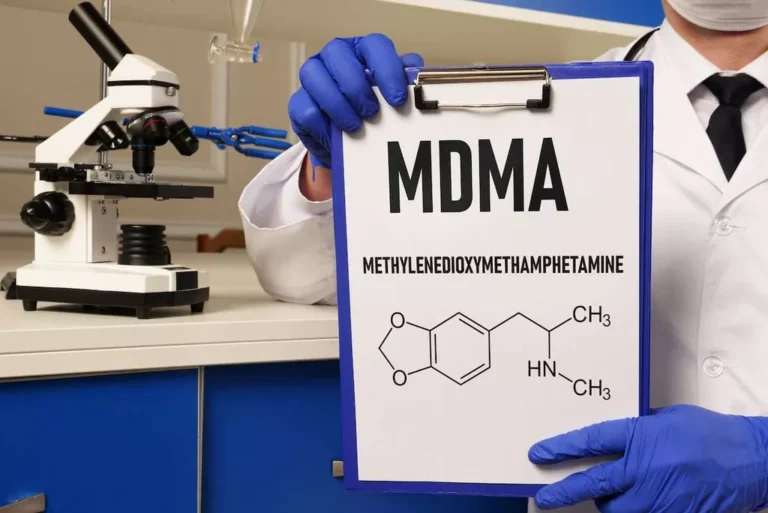
This can make the toxic effects of alcohol stronger and last longer, even if you’re drinking the same amount you always have. Alcohol intolerance is caused by a genetic condition in which the body can’t break down alcohol efficiently. The only way to prevent these uncomfortable reactions is to avoid alcohol. Alcohol intolerance can cause immediate, uncomfortable reactions after you drink alcohol. While there is no way to treat this condition, your healthcare provider can talk with you about ways to reduce the negative effects of alcohol intolerance. If caused by medication, stopping the medication typically resolves the intolerance.
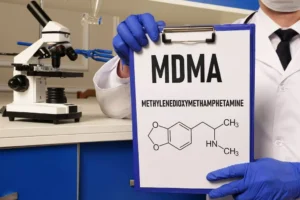
Common Questions & Answers
- In people with this genetic trait, ALDH2 deficiency leads to acetaldehyde buildup, which causes flushing as well as nausea, headaches, and rapid heart rate.
- More commonly, people develop allergies or intolerances to common ingredients in alcoholic drinks, such as grains, preservatives, or sulfites.
- On top of that, how intense these symptoms are can vary quite a bit from person to person.
Unlike an alcohol allergy, which involves an immune system response, alcohol intolerance is primarily a digestive issue. It can be inherited or acquired, and its severity is different for each person. People often mix up alcohol intolerance and alcohol allergy, but they are not the same. Alcohol intolerance is a problem with how the body processes alcohol, while an alcohol allergy involves the immune system. Alcohol intolerance happens when the body can’t process alcohol properly. This is often due to a lack of an enzyme called ALDH2, which is needed to break down alcohol.
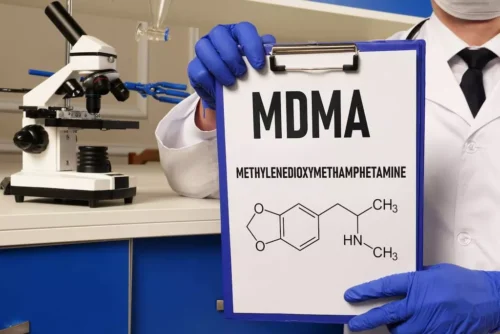
Medical Interventions
- If one is only allergic to some ingredients found in some drinks, on the other hand, then they may be able to continue to enjoy alcoholic beverages.
- Consulting with a healthcare provider aids in identifying specific triggers and establishing personalized management strategies to mitigate symptoms effectively.
- You can also consider low-sulfite or organic wines, which are often better tolerated by those sensitive to sulfites, common preservatives found in many wines.
- You’ll need to reduce your alcohol intake and follow the guidance of your doctor to avoid unwanted side effects.
- Alcohol allergy is very rare but allergic reactions can be strong, leading in some cases to anaphylaxis which can be fatal.
They often have a gene that is affected that is passed down in the family. These are just a few examples of how changes in your health can turn alcohol into an unexpected problem. If you think a new health issue might be to blame, it’s crucial to get a proper diagnosis from a healthcare professional. You head out with friends, expecting the usual fun night, but instead, one drink leaves you flushed, nauseous, or struggling to breathe.
- This clarity can be really helpful when you’re out with friends or choosing a drink at home.
- This enzyme plays a key role in breaking down alcohol in your system, turning it into a less toxic substance for your body to process more easily.
- The brewing process can sometimes create sulfates that end up in wine and beer; brewers may also add extra sulfates as a preservative.
- We’ll explore potential triggers such as new health issues, medication interactions, or aging, and explain the difference between alcohol intolerance and allergies.
- Others might have issues with the sulfites or histamines, as mentioned earlier.
Common Triggers and Ingredients in Alcohol
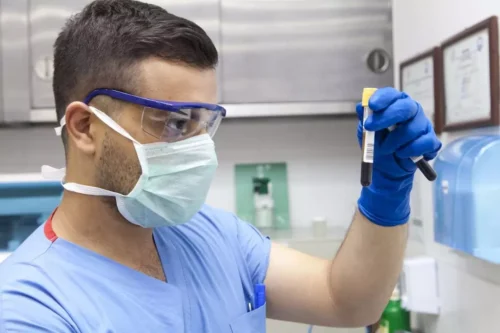
Communicate your needs to your host or server and explain that you cannot consume alcohol due to your condition. Be clear about what symptoms you experience when you consume alcohol so they understand why it’s important for you to avoid it. Before attending a social event, plan ahead by researching the venue and menu. Look for non-alcoholic drink options and try to eat a meal before arriving to help slow down the absorption of alcohol. Dried fruits such is alcohol intolerance dangerous as raisins and apricots can also contain high levels of sulfites. If you’re experiencing symptoms after consuming dried fruits, try opting for fresh fruit instead.
The Benefits of Drinking Less

Alcohol intolerance and alcohol allergy both can have notable impacts on a person’s daily life. For people with alcohol intolerance, the discomfort of alcohol intolerance symptoms may lead them to limit or avoid alcohol completely, which can affect their social life. People with alcohol allergies may need to avoid drinks and foods that contain alcohol which can limit their choices when going to social events or dining out. In addition, severe allergic reactions can be life-threatening and need immediate medical attention. Yes, certain alcoholic beverages can trigger more severe reactions due to their histamine and sulfite content.
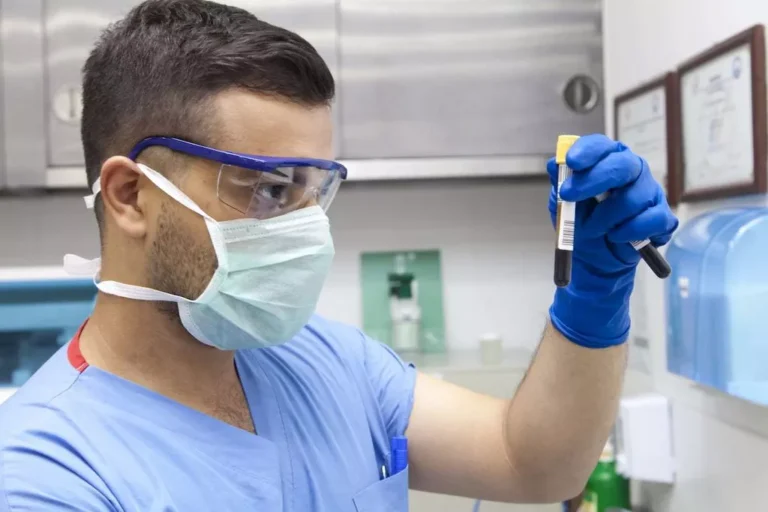
However, it’s important to remember that Alcoholics Anonymous alcohol intolerance increases the risk of cancer, making total abstinence the safest choice. If you have a severe alcohol allergy, you should have an emergency plan in place with your healthcare provider due to the potentially life-threatening reactions. If you experience a mild allergic reaction, over-the-counter oral antihistamines may be enough to treat it. If you develop any signs of a severe reaction, you should receive one or more doses of epinephrine. It’s available in preloaded syringes, known as epinephrine auto-injectors (e.g., EpiPen). If your doctor prescribes an epinephrine auto-injector, you should carry it with you at all times.
